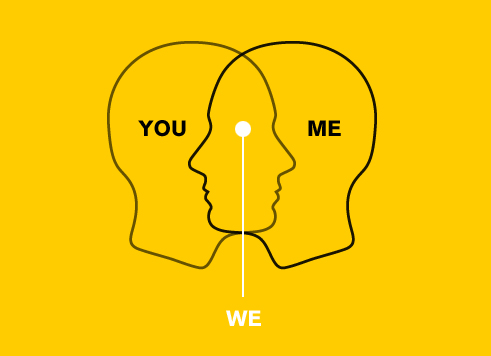
For many undergraduate writers, being introduced and reintroduced to the writing process is an important part of learning to write in an academic community. Some of the most important aha moments I’ve had as an undergraduate writer have come from these infrequent opportunities to listen to my professors talk about their own writing, their experiences as writers, and their strategies for overcoming difficulties. I find this especially true as I take courses on the 300 and 400-levels. As my writing becomes more intensive, the insights I can gain from conversations with professors about their own writing has become invaluable.

